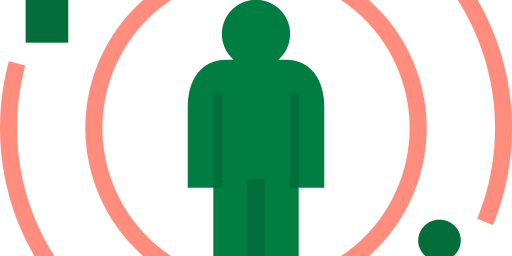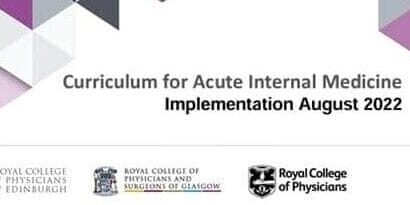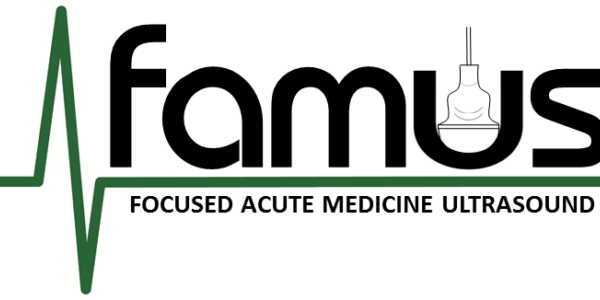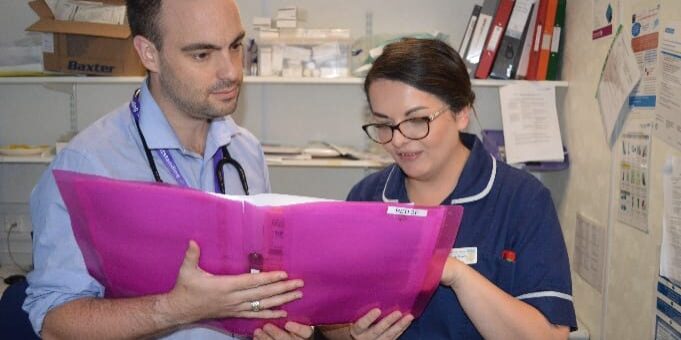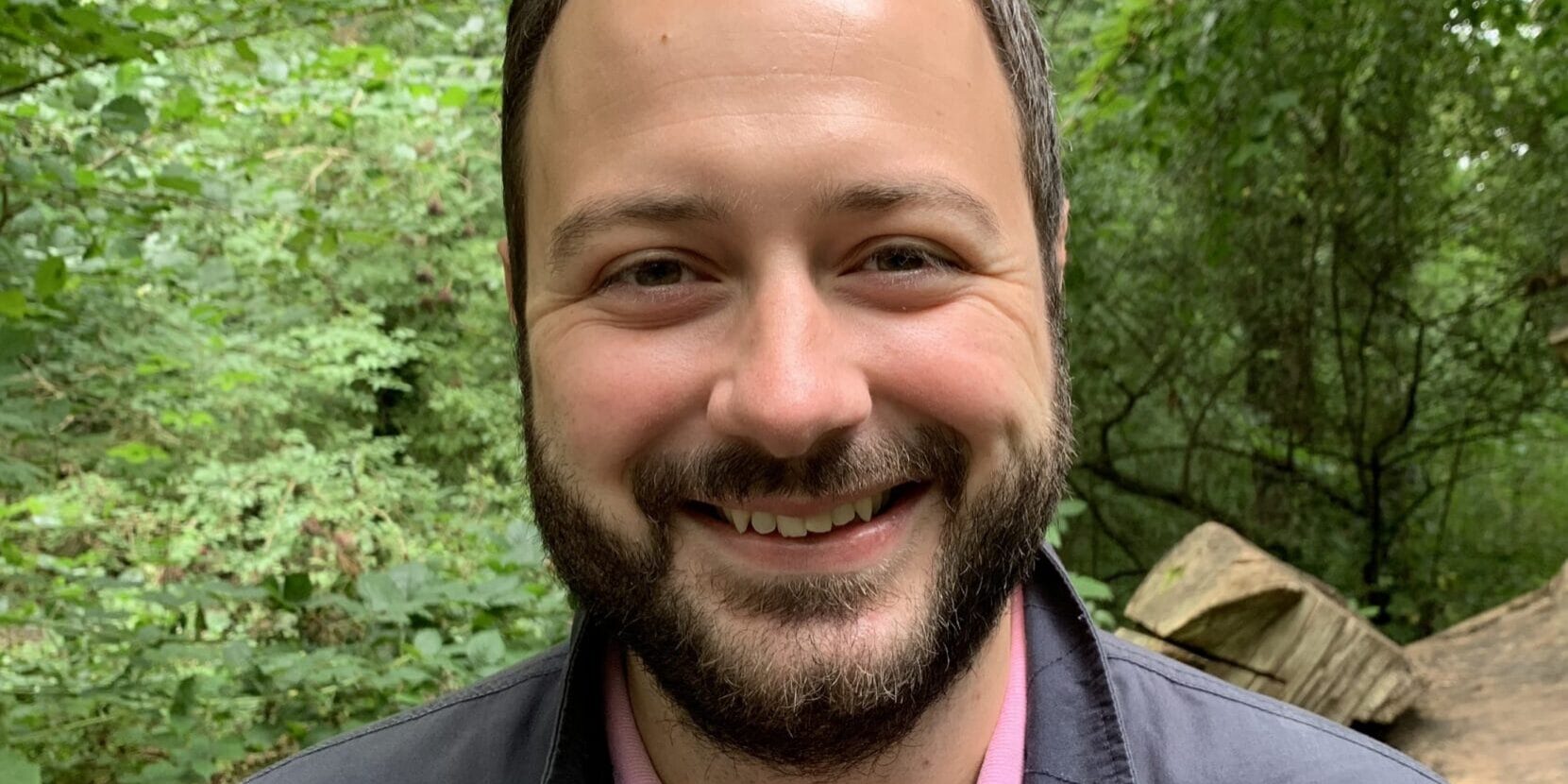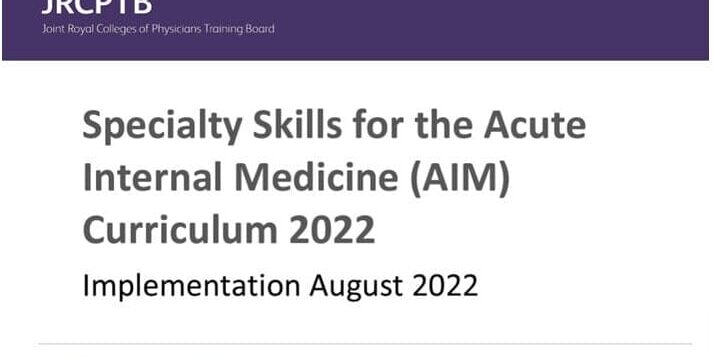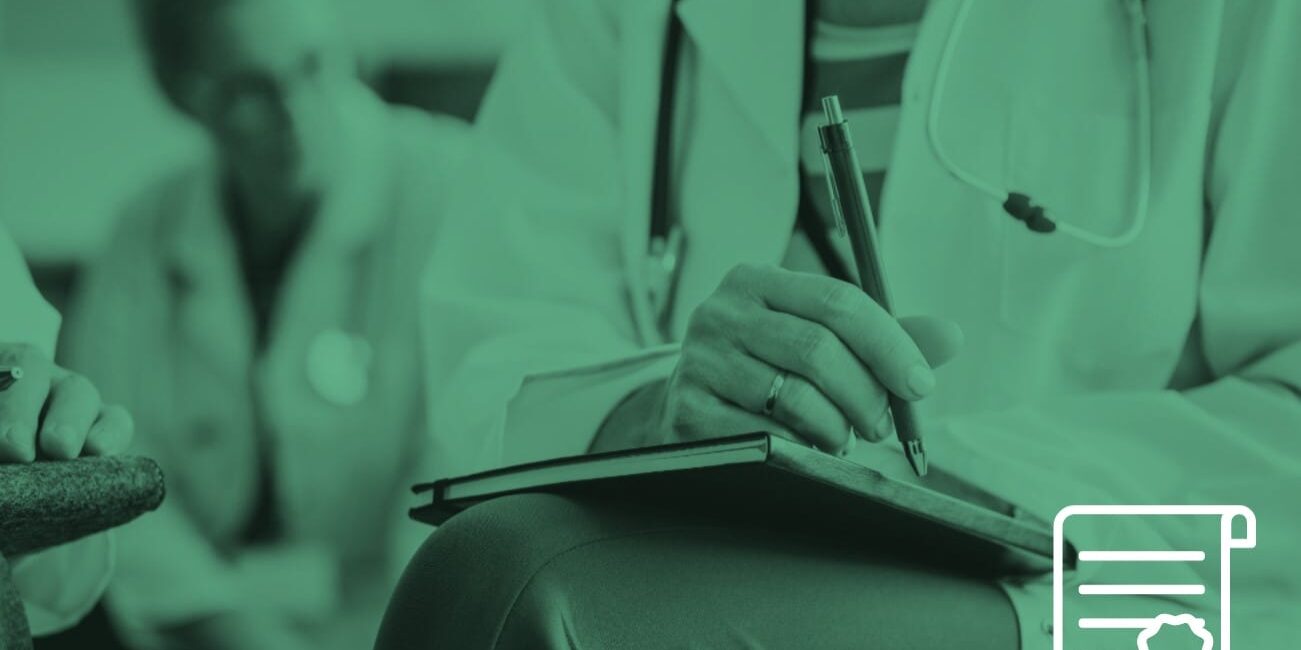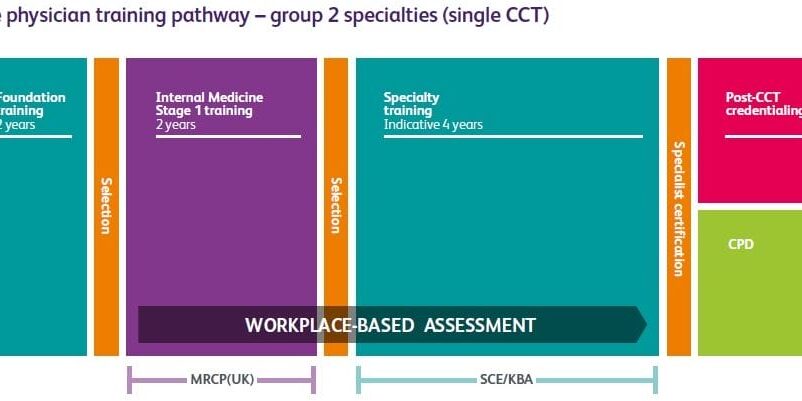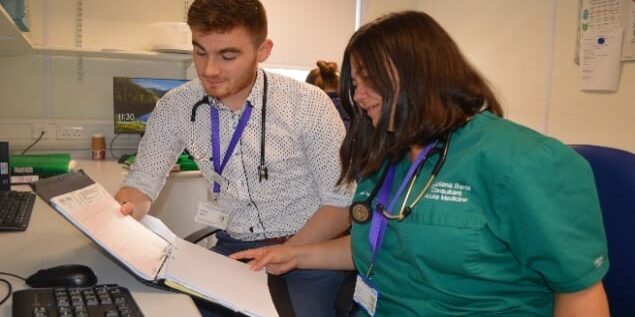Training Hub
ACCS-IM v IMT
One of the questions that we are frequently asked as trainee representatives is whether it is better to come to Acute Medicine via the Acute Care Common Stem (ACCS) pathway or via Internal Medical Training (IMT). Ultimately either route is perfectly acceptable and which you choose depends more on your personal interests and how quickly you wish to reach Higher Specialist Training (ST4).
ACCS
ACCS-IM is a four year program in which the parent speciality (ie, Internal medicine, anaesthetics, emergency medicine or intensive care) is chosen at the time of application. In fact ACCS-IM interviews are incorporated into the pure IMT interviews in many deaneries. The programme consists of two years of acute care rotations in Acute Medicine, A&E, Intensive Care and Anaesthetics and then feeds in to IMT years 2 & 3 for the final two years.
| Pros | Cons |
|---|---|
| Four years gives you more time to achieve PACES and develop your CV for medical registrar interviews as well as giving you an additional year’s clinical experience to draw upon as a first year registrar. Where used sagely, you should be more competitive at an ST4 interview after ACCS and recent changes to ST4 applications now enable you to equally showcase your commitment to speciality and receive points for this. | You may feel as if you are achieving little towards your lifelong career ambition whilst you do six months of non-medical specialties (eg: anaesthetics or emergency medicine). |
| Currently it is also possible to apply to a dual CCT programme to certify in both Acute Medicine and ICM at any stage from ST4 onwards and experience in ITU and anaesthetics may shorten the duration of your higher training in ITU compared to those from a pure IMT background. | There have been some issues with educational supervision and careers advice as for much of your ACCS years your supervisor will be in your current specialty rather than an acute medical consultant. This can lead to feeling a bit lost or even dissuaded from following your career choice but there are plenty of places to seek advice if you need it. |
| ACCS rotations give you lots of experience in procedural skills and assessing critically unwell patients which are aspects of being the medical registrar that some pure IMT’s with less experience may be less confident in which transitioning to higher training. |
Other considerations
• Should you decide midway through your ACCS training that Acute Medicine is not for you it is quite possible to apply for other medical specialities at ST4 level, providing your CV allows you to be competitive in that speciality. This lends itself well to more interventional medication specialties but less so to more clinic-based specialties.
• It is also theoretically possible to switch ACCS streams to do anaesthetics or emergency medicine. However, it is not guaranteed that there will be sufficient flexibility in the posts in your training programme to allow this to happen and there are limited success stories in achieving this.
• There have been reported delays in ACCS-IMT trainees receiving details of their IMT 2&3 posts although this is not isolated to ACCS as IMT3 in particular is still in its infancy and has experienced some teething issues. There is a requirement that all ACCS (AM) training programmes consist of medical posts that are relevant to Acute Medicine and all rotations are reviewed annually by the ACCS SAC (a committee overseeing training programmes) with any concerns are being addressed as they are identified.
If you have specific questions about ACCS in your area we would recommend speaking to local ACCS trainees or the ACCS Training Programme Directors in the deanery that you are applying to. They may also be able to give you an idea of what posts will be on offer in your IMT years.
IMT
IMT is a 3 year program which includes mandatory time in Intensive Care, Care of the Elderly and Acute Medicine as well as the opportunity to rotate through a variety of medical specialties.
| Pros | Cons |
|---|---|
| IMT gives you more opportunities to gain experience in a range of medical specialties including those more clinic-based. This means you will likely be more confident in managing a range of patients and conditions and may help shape your future specialist interest. | IMT has less ITU exposure with most deaneries offering the minimum 3 month placements. |
| IMT is shorter than ACCS at three years but still meets all the competencies required to apply for Acute Medicine higher training and if you can evidence commitment to specialty is equally competitive. This may be a consideration if you are less than full time or have taken additional years out of training. | You will likely have to rotate through some specialties that have little/less interaction with acute medicine or limited inpatient bed-base so may feel that these are not contributing as much to your future career as an Acute Medic. However all experience is valuable. |
| Overall you have more time to complete the IMT curriculum and outpatient experience requirements in particular. For ACCS trainees having to do the same in just two years this can be more difficult. |
Final thought: It is acceptable to consider applying to both streams if you would be happy to do either and see what offers you get.

